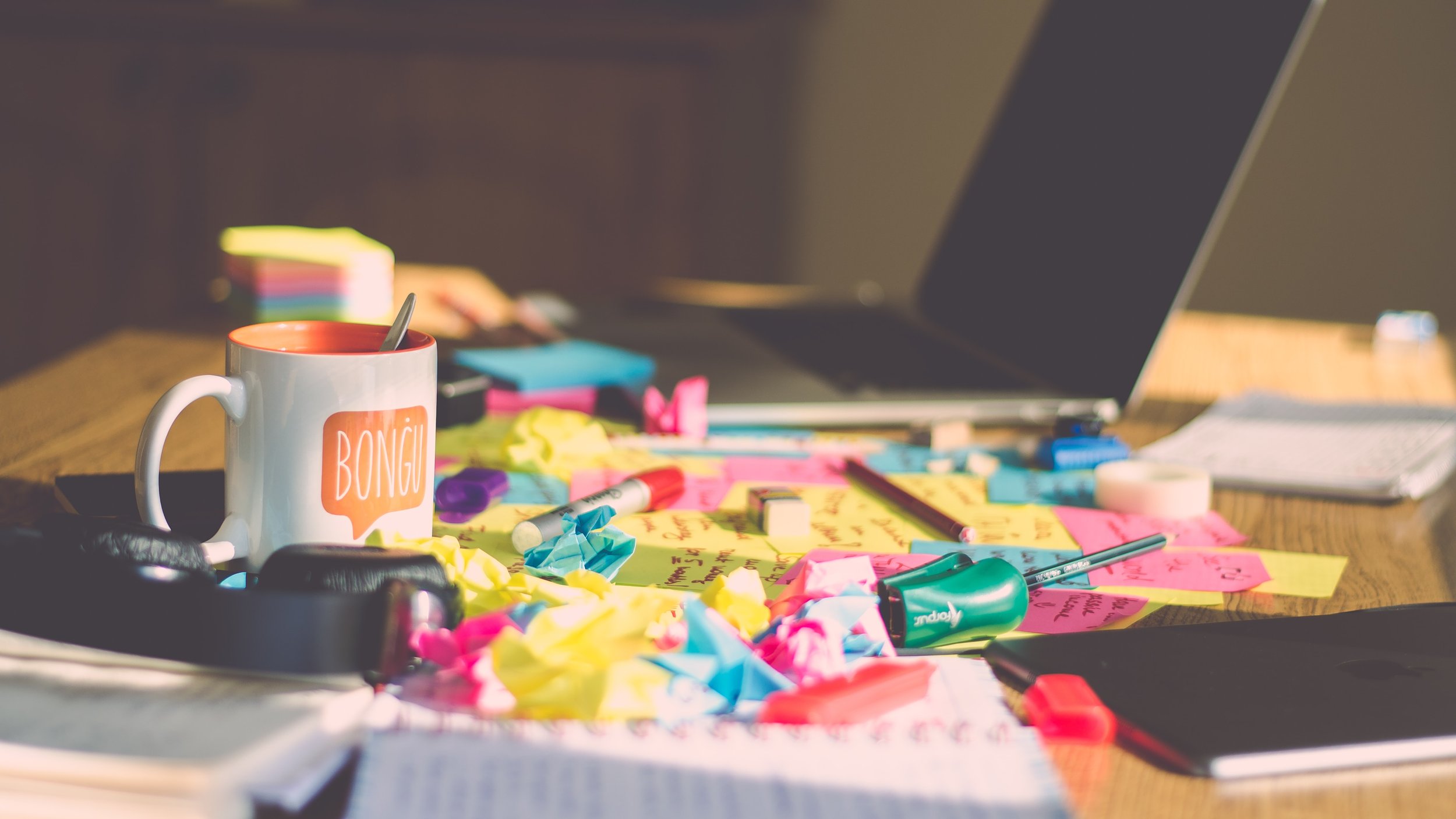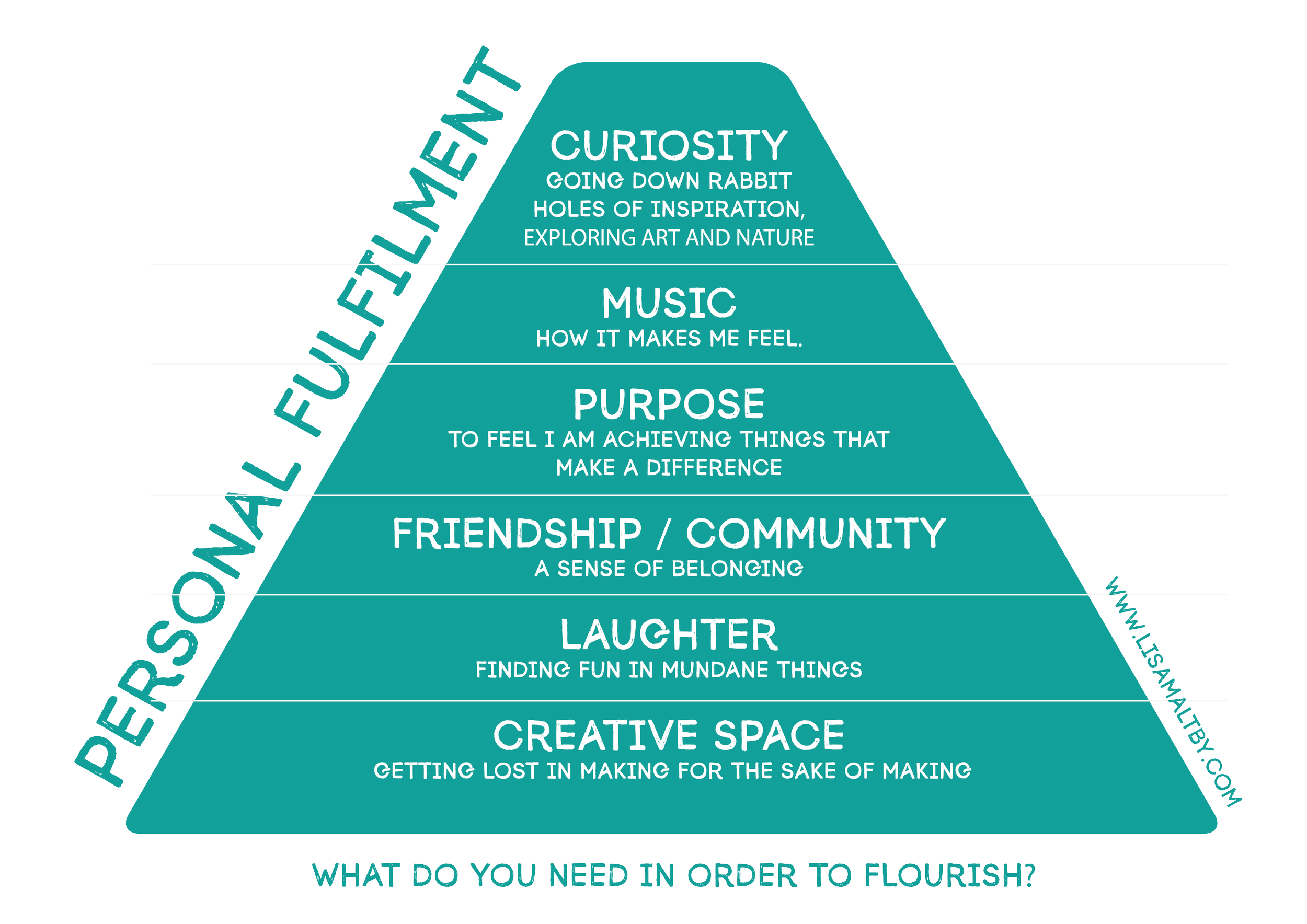Creative Chaos: how to be consistent in an inconsistent world
Scrolling through my instagram one morning I came across the above quote. My mind started to wander about the ways I have failed to be consistent… I have not consistently promoted my work, stuck to a ‘niche’ or posted sufficient instagram reels to make me a content-creating legend. I have not consistently taken my vitamins, gone to the gym, or…erm….written blog posts.
2021 didn’t exactly bring with it as much of a reprieve from 2020 as I’d hoped. I started the year feeling hopeful and determined to implement small habits that would make me more successful, happier, kinder, oozing with love and light…. But no sooner had I came home from my first day of work than I had news to inform me my days would once again be disrupted and I would have to combine my business with caring responsibilities. The year continued in this vein of making plans and having them change – clients cancelling, tradesman rescheduling, family succumbing to illness, friends needing support. I was left feeling defeated by inconsistencies – unable to achieve what I wanted while I fought fires in a constant state of brain fog. It caused me to challenge myself on what consistency looked like when the world proved to be unpredictable. What things was I willing to let go of and what things did I need to pursue? How could I balance the need for routine with the need to adapt? How could I accept unwanted change gracefully, instead of begrudging my lot?
I’ll be the first to admit I’ve always found consistency difficult. A lot of that is down to the fact that I love being curious and trying new things. I find it hard to reign in ideas – when I draw I imagine how things could look animated, or made out of paper, turned into a poem or painted on a wall. I can’t imagine ever working in the same way for the rest of my life, or doing the same things. But alongside my curiosity is a pragmatism that gives my free spirit a kick up it’s floaty derriere. How are you going to earn a living out of this? How will clients know what they’ll get from you? How is this sustainable? But no sooner have I formulated a strategy for success than my freethinking alter-ego pipes back up… how can we make this more FUN?
Photo by Ferenc Horvath
I recently gave a talk to a school about career options in the creative industry. Predictably, questions arose such as ‘what qualifications do you need’ and ‘which medium is best’ and ‘how long does each illustration take you?’ And, annoyingly, the answer to all those things is: it depends. The difficulty with having a creative career is that each job may need a different approach and there is no one set path to achieving greatness (or just regular commissions!). On top of this, adaptation is essential for earning a living – if a well-paid and urgent job lands in your inbox, you are more than likely going to move your plans around for it. But adapting can make us feel at odds because we also crave certainty in order to feel like we have realistic and achievable goals. We are creatures of paradox – reliant on schedules and processes, yet desperate to escape from them. Any creative role needs both the ability to adapt and the boundaries of consistency, but packaging creativity into neat little boxes can prove challenging. The question is how we work out what needs regularity, rather than just reacting to every new opportunity and, on the contrary, how we stop apathy taking over when we’d like to try new things.
Hierarchy of needs
We’re all probably aware of Maslow’s hierarchy of needs (hint: rainbow pyramid diagram, usually badly designed in Microsoft Word), but I think it’s important to break down what our very personal fulfilment needs are in order to take stock of whether we are spending our time wisely for the most satisfaction. The further you go in life, the more you realise just how different people are – not personalities that fit into neat little categories or crappy online quizzes – but personalities that are completely and utterly different (and not consistent at all!). The key to consistency is probably not going to look the same for everyone because where we need to focus will be entirely different, even if on the surface someone seems to have the same goals. Two people may have the exact same passion to be an illustrator, but one will achieve it through learning software and digital drawing, another through fine art print making. Where you find fulfilment in your work will be different too – for some, having job satisfaction comes before making a lot of money and therefore they may be happy to turn down additional work that may compromise this. For others, money will be more important, such as if their main source of satisfaction is found in more costly items or experiences. Assessing how much money you realistically need to be happy is important to understand where you want it to go and how much time you are willing to spend on tasks.
This is my own breakdown of what I need to feel fulfilled – this helps me to prioritise implementing them into my time. How would yours be different?
Break down your goals
Consistency is important for developing trust, whether that’s just in yourself (I trust that I have done this so many times that I can do it again with more ease) or for others (your clients trust you to produce work of a similar standard each time they work with you). It’s helpful to break down your goals and understand your motives in order to be realistic about how you can develop more consistency. For example, perhaps you would like to get an illustration agent and so you consistently send your work to agents for feedback, but understanding why you would like an agent will define whether you are being consistent in the right ways. If it’s because you want to get your work in front of ‘better’ clients, consistently researching and approaching ‘ideal clients’ directly, or tailoring your portfolio to appeal to them, may prove just as fruitful. If it’s because you hate admin and communication, adopting habits that make it easier for you may be helpful, such as having set replies for certain types of enquiries, automating processes, having set times you check or respond to emails… and so on. If it’s simply that you’re just too busy with work and need some extra help, this may lead you to seek ways of outsourcing. Your original plan may well prove fruitful but, if it doesn’t, thinking outside the box in how you can get what you need will help you. Breaking goals down creates smaller problems to solve and challenges if your actions add up to your motives. Sometimes it may result in us concluding that we still need to pursue things we’ve been trying to avoid, but it helps us to accept that they really are important to us and worth pursuing. When you find you’re lacking consistency, it may be that you need to assess your motives and ask yourself some questions. What questions? I hear you ask. Fear not, I made you a diagram to help.
Why am I doing this?
A lot of the time we feel we ‘ought’ to do things which can make us begrudge the tasks before we’ve even started them. We also have a tendency to judge ourselves against our peers: well if they’re investing in this thing perhaps I ought to too? This is rubbish but sometimes it takes a lot of convincing that this may not be right for us. There may also be things we do in seasons – we may feel inspired to do something one month but the next month we may not feel that way, or we may feel it actually benefits our work to experiment with different approaches. It’s perfectly okay to change things up or to put things down if they no longer serve a purpose, but it’s the longer-term goals or the mundane tasks to get us where we want to be that can cause the challenges. A lot of things may be impossible to give up (such as a job we make a living from), but a lot of the time we’re so stuck in one mindset that we can’t be flexible (asking questions, such as: can I work less hours? Make my job more interesting? Change how I make money?). Sometimes we want to do things in the hope they bring future success (such as self promotion), but consistently sending out cold emails or posting work can still feel tedious. It’s in these moments where we need to reassess just how much of a trade off our time is for the results. It may even do you more favours to schedule in less time if it means you have more capacity to be consistent. The question is, can you do these tasks more inventively to help them to become more fulfilling? If not, can you record your results so you know that you are slowly progressing towards your goals? And failing that, could you get better results by trying different methods instead?
Photo by Jose Silva
How to deal with change
The problem with consistency is that circumstances can change. This challenges us – how much do we really want to pursue this thing in the middle of further opposition? And I write that as a genuine question by the way, not a sort of: ‘you really ought to want this more’. Actually, sometimes we need to let things go. Maybe it wasn’t all that important to us in the first place. Or, perhaps it was but creating something regimented ruins the process. Change is inevitable and it’s always making us reassess what we really need or want. When it comes to career decisions these can feel all the more challenging because, well, we need to eat. That’s where working out your priorities is important for the times when you need to compromise. It may also mean having a ‘back up’ plan in place for if things don’t go the way you’d first planned. In the last couple of years there were periods where I had a lot less capacity for anything other than essential tasks – this was incredibly draining. The silver lining was that I realised there were a bunch of tasks I had previously felt were important that I could actually live without, and other things that made me realise I really needed them to be a happy human. I also shifted to simplify certain processes and save time where I had less capacity, leaving me to focus on my work and family. Change will look different for everyone and sometimes life is just difficult, but using change to re-assess your actions is sometimes helpful. And if you find you can’t implement any consistency with your tasks, don’t beat yourself up, just be open to understanding why and trying new rhythms until something clicks.
Consistent routines
Consistent routines are a challenge, even when they result in good things. I love the flexibility of running my own business and the creativity of taking different approaches to my work, but I am all too aware I need to reign in the freedom sometimes and set myself boundaries so that clients know what they are getting and I can make sure deadlines are met. Sometimes consistent routines actually create the very framework that makes space for the creative freedom we crave (for example, scheduling work tasks early to free up space for experimental work). If we book time in we are more likely to stick to it, so treat any time you book in for your work and business development as though you would a client project.
The long game
It’s frustrating doing menial tasks when you really don’t enjoy them, but sometimes the end result would be so great it far outweighs them, even if it really feels too small to make a difference – drawing for five minutes a day still adds up a body of work. Sometimes it’s a case of making sacrifices in the short-term for a greater goal. Last year, for example, I became increasingly frustrated that I couldn’t get past a certain level with my animation skills. I enrolled on a course, knowing that consistently handing in work for 6 weeks was going to be a huge commitment and would potentially make me feel pretty stressed. I’m not gonna lie, it did, but it also enabled me to gain invaluable skills that will last me a long time and enable me to push my work in new directions. The point is, sometimes we have to bite the bullet and be prepared for a bit of discomfort in order to truly develop – the real question is why we are doing it and what we ultimately hope to achieve. This is true even on a personal level – instead of feeling deflated about what you are not, how can you work towards the kind of person you hope to become? We are all a work in progress.
The new year is a perfect time to reassess your goals and work out where you want to develop as a person or as an artist. What small things can you implement consistently in order to make positive changes? And what things are you okay to let go of because they’re no longer helpful?






